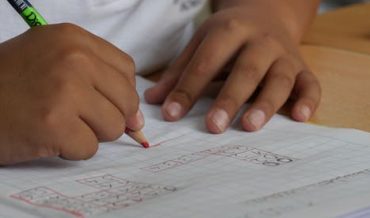Catlist
Categories
- Assessment
- Behavior Management
- Child Development
- Classroom Management
- Cognitive Development
- Critical Thinking/Creativity
- Curriculum & Instruction
- Digital & Mobile Technology
- Digital Leadership
- Diversity
- Early Childhood
- EdTech & Innovation
- Education Foundations
- Educational/Cognitive Psychology
- Elementary Education
- Equity
- Gamification
- Gifted & Talented Education
- Higher Education
- Instructional Technology
- Language and Communication Disorders
- Language Development
- Language Education
- Learning Disabilities
- Middle School Education
- Mild/Moderate Disabilities
- Multicultural/Multiethnic Education
- Multilingual Education
- New Teachers
- Online Learning & eLearning
- Parental Involvement
- Parenting
- Philosophical Foundations of Education
- Reading & Literacy
- School Finance
- School Law
- Severe Disabilities
- Social Foundations of Education
- Special Education
- Special Education Law
- Teachers
- Teaching & Learning Theories
- Teaching/Learning Methods & Strategies
- Tests and Measurements
- Writing PreK-12




